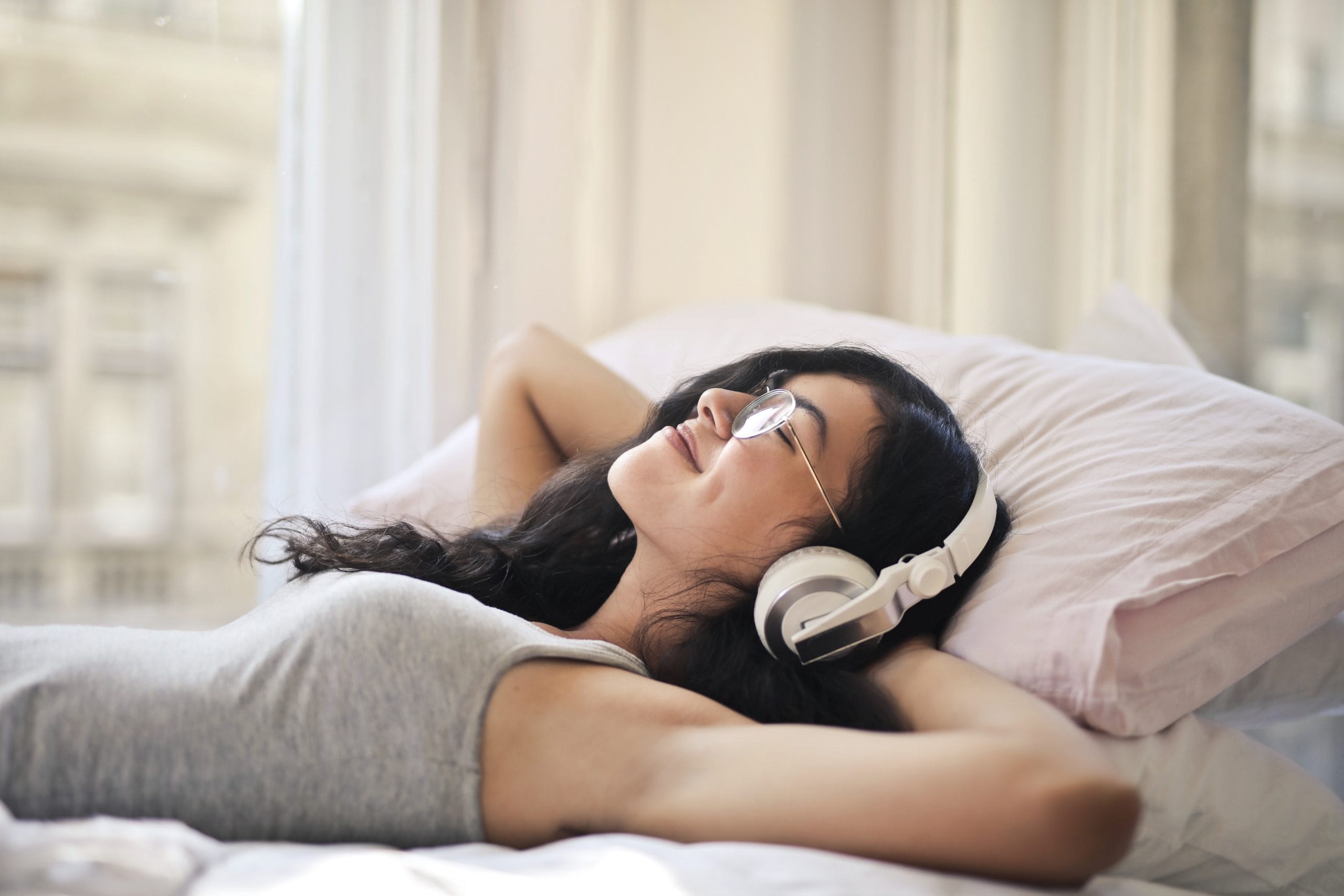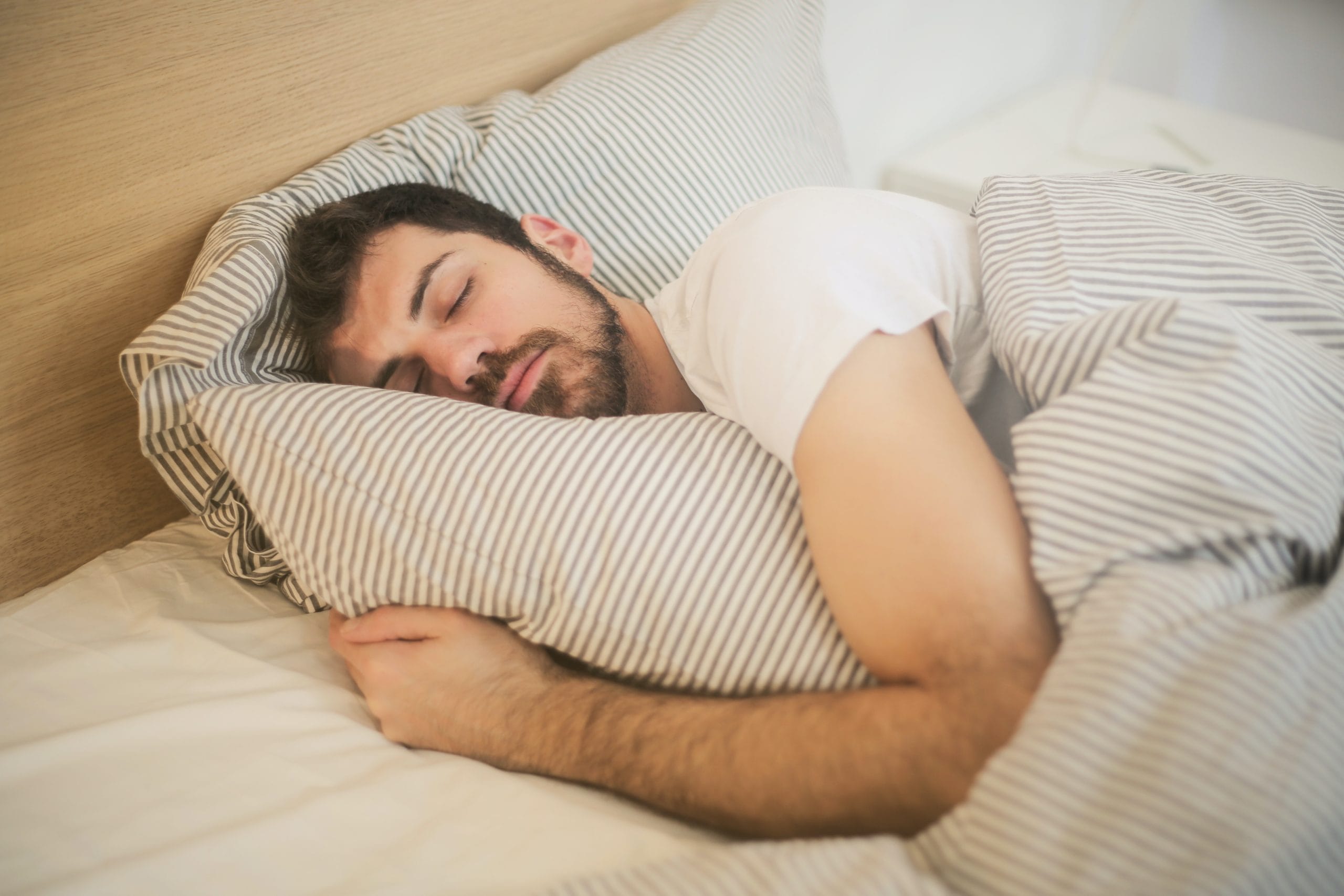Sleep Quality
How to Improve Sleep Quality
Sleep is one of the most important pillars of lifestyle medicine and a good place to start as it is so important for our physical and mental health. We should aim for seven to nine hours of good quality sleep each night. If you are not achieving this, please take a look at our sleeping below.
How to Get to Sleep
Sometimes people can struggle with getting to sleep for many reasons. Here are some sleeping tips for improving how quickly you can get to sleep:
- Go to bed at the same time every night and get up at the same time every morning to get your body into a routine
- Reduce bright lights in the house and stop screen time at least 1-2 hours before bed to help your body’s melatonin levels rise. Melatonin is the body’s sleep hormone.
- Make sure your room is dark and cool. 16 °C is the optimum temperature.
- Avoid any stimulating caffeinated drinks such as fizzy drinks, coffee and tea before bed. For some people, this might need to be hours before bed as caffeine’s effect can last up to 8 hours after drinking it.


- Avoid long naps during the day so that you are tired at night.
- Also make sure you are physically tired by having had some exercise during the day and some fresh air. Avoid any exercise just before bed as this can wake you up.
- Do some relaxing activity before bed. Ideally reading or listening to soothing music or a podcast. You could also try having a warm bath to relax before bed.
- Avoid large, late meals as these can affect our sleep. Try eating before 7pm.
If these don’t help, talk to a GP.
Waking Up During the Night
Struggling to stay asleep? For many people, they can fall asleep with no problems but their sleep can be disturbed at night. This can be for a huge variety of reasons but here are some tips to address the most common causes:
- Night-time toilet trips – If you’re waking up to wee at night, try reducing the amount of fluid you have in the evenings and drink most of your fluid before early evening. Avoid drinks such as coffee, tea and alcohol before bed as this can stimulate the bladder. If the above is not helping you or you are getting up at night to move your bowels, please see a GP.
- Light and noise – Make sure your room is dark and quiet so noise and light do not wake you. Invest in some black out blinds or curtains. If this is not possible, wear an eye mask and/or ear plugs.
- Stress – Stress and anxiety can cause people to awake early. Trying to address triggers for this such as work or relationships can help. Writing a list of things you need to do before bed can take worry out of your mind. You can also try meditation or mindfulness apps before going to sleep.
If you keep waking early, please see your GP. There can be reasons such as depression, and perimenopause/ menopause for women.
For any persistent problems with your sleep, or if you’re consistently waking up unrefreshed and tired despite many hours of sleep, please see a GP.
Contact Chelmsford Private GPs
If you’re interested in finding out more, please call or email us today.
